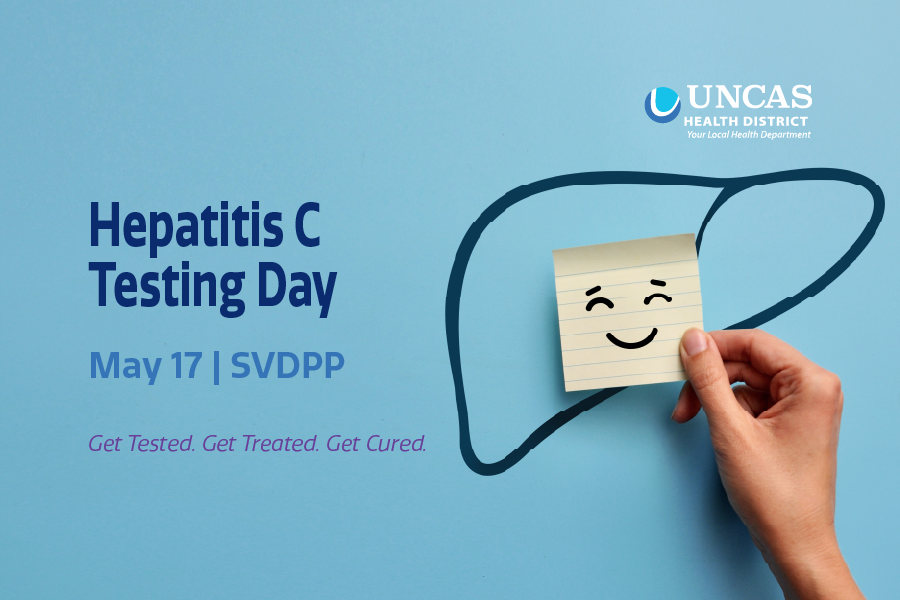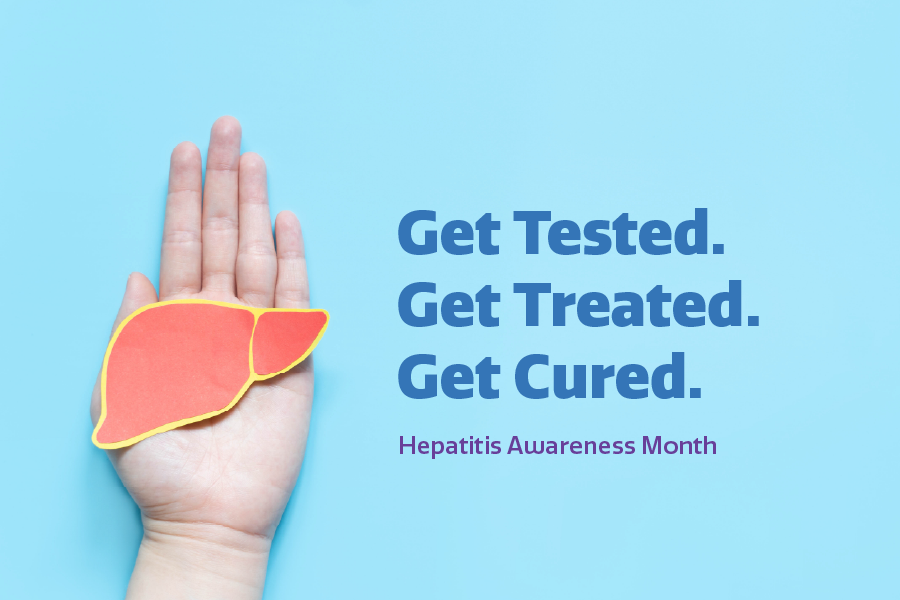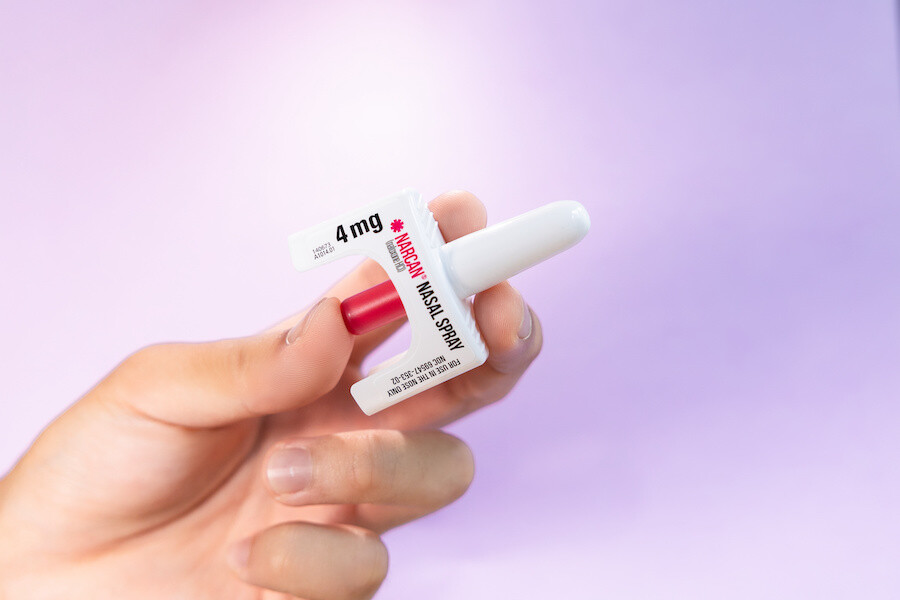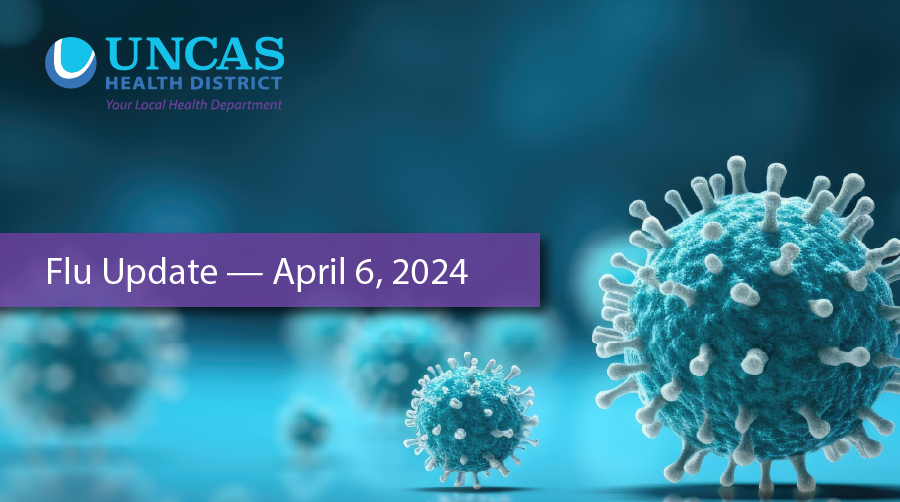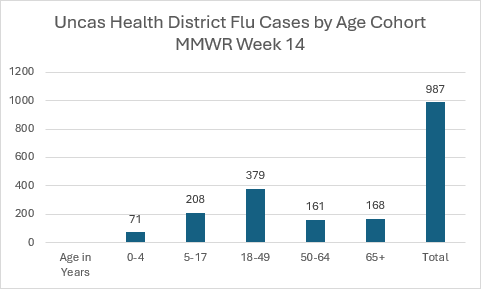As the days lengthen and temperatures rise, many of us look forward to the joys of summer – spending time outdoors with loved ones, engaging in physical activity, and soaking up the sunshine. However, it’s important to remember that prolonged sun exposure can pose significant health risks.
Ultraviolet (UV) radiation from the sun is a major contributor to skin cancer, the most common form of cancer in the United States. The American Academy of Dermatology Association estimates that approximately 9,500 people in the U.S. are diagnosed with skin cancer every day. UV radiation can also lead to premature aging, cataracts, and other health problems.
Public health professionals strongly advocate for sun safety practices to minimize these risks and ensure a healthy summer for everyone.
Here are some key recommendations:
-
Sunscreen Application: Broad-spectrum sunscreen with a Sun Protection Factor (SPF) of 30 or higher is essential. Apply generously to all exposed skin 15 minutes before sun exposure and reapply every two hours or more frequently if swimming or sweating.
-
Seek Shade, Especially Midday: The sun’s rays are strongest between 10 am and 4 pm. Schedule outdoor activities for earlier or later hours, or utilize shade provided by trees, umbrellas, or pop-up tents.
-
Protective Clothing: Sun-protective clothing offers an effective barrier against UV rays. Look for tightly woven fabrics with an Ultraviolet Protection Factor (UPF) rating. Wide-brimmed hats that shade the face, ears, and neck are also recommended.
-
Hydration and Sun Safety Go Hand-in-Hand: Sun exposure increases the risk of dehydration. Drink plenty of water throughout the day, even if you don’t feel thirsty. Avoid excessive alcohol consumption, as it can worsen dehydration.
-
Be Aware of Individual Risk Factors: Individuals with fair skin, a history of sunburn, or a family history of skin cancer are at a higher risk for sun damage. These individuals should be particularly vigilant about sun safety measures.
By incorporating these practices into your summer routine, you can significantly reduce your risk of sun-related health problems and enjoy the outdoors safely. Public health professionals are committed to promoting sun safety awareness and encourage everyone to make informed choices to protect themselves and their families.

